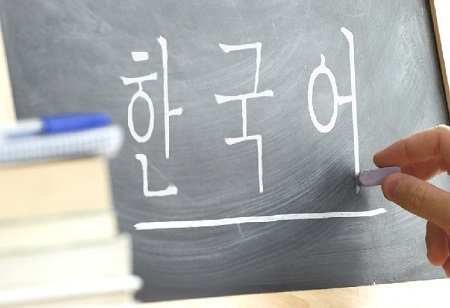The Ministry of Education, in collaboration with nine regional education offices, aims to enhance global opportunities for learning the Korean language. This initiative seeks to attract more international students to pursue education at domestic universities. The government is proactively addressing a decline in the number of domestic students due to a decreasing birthrate, and simultaneously, it aims to secure skilled foreign workers for high-tech industries. The ministry has announced the selection of education offices in Seoul, Incheon, Gwangju, Daegu, Busan, North Gyeongsang, South Jeolla, South Chungcheong, and North Chungcheong provinces to participate in the pilot program, fostering international exchanges.
The nine education offices, along with Korean Education Centers globally, will actively promote Korean language education to attract more individuals to pursue studies in Korea. Presently, there are 43 Korean Education Centers spanning 19 countries. Song Geun-hyun, responsible for global education planning at the ministry, anticipates that the program will enhance the competitiveness of universities beyond Seoul and mitigate the growing regional disparity. The prevalence of prestigious universities and the allure of urban life have led to a strong preference for institutions in the capital, resulting in reduced enrollments at universities located outside Seoul. This trend has been further exacerbated by a declining fertility rate.
Every education office will send Korean language education specialists and administrative support personnel to these centers to attract foreign students. The ministry will allocate a special grant of 10.4 billion won ($7.9 million) to each education office, with an additional investment of 22 billion won from their respective budgets. The objective of the program is to promote the adoption of the Korean language as a regular subject in more elementary and middle schools globally. Presently, Korean is taught as a regular subject in 20 countries.

